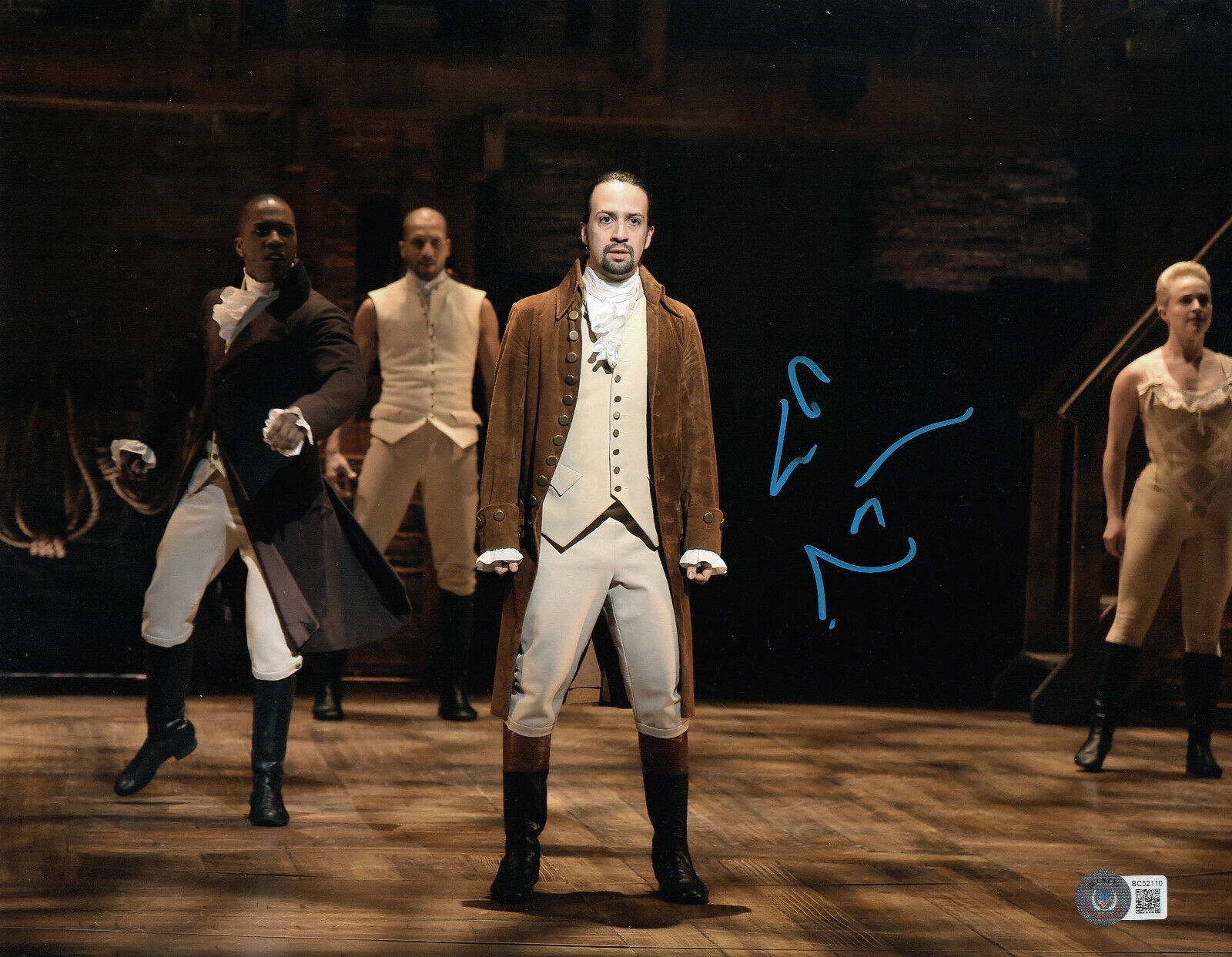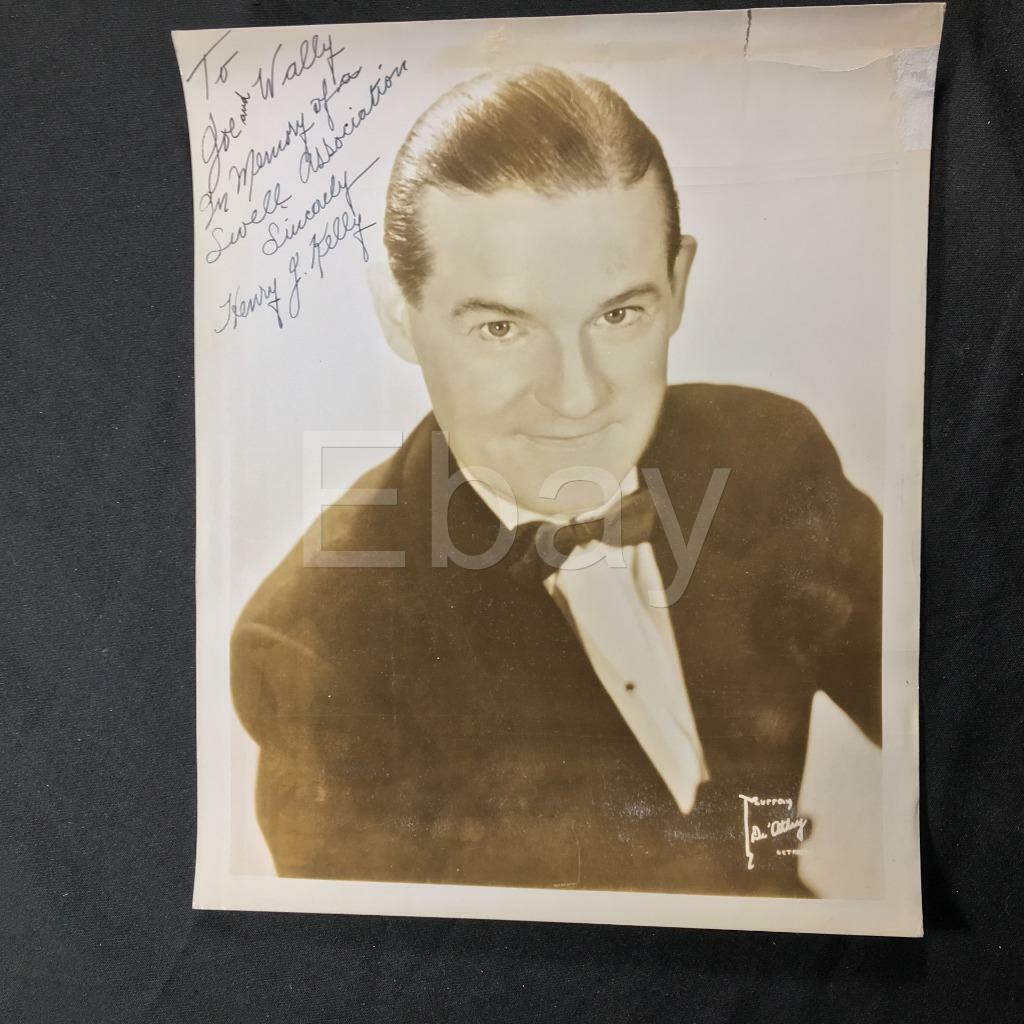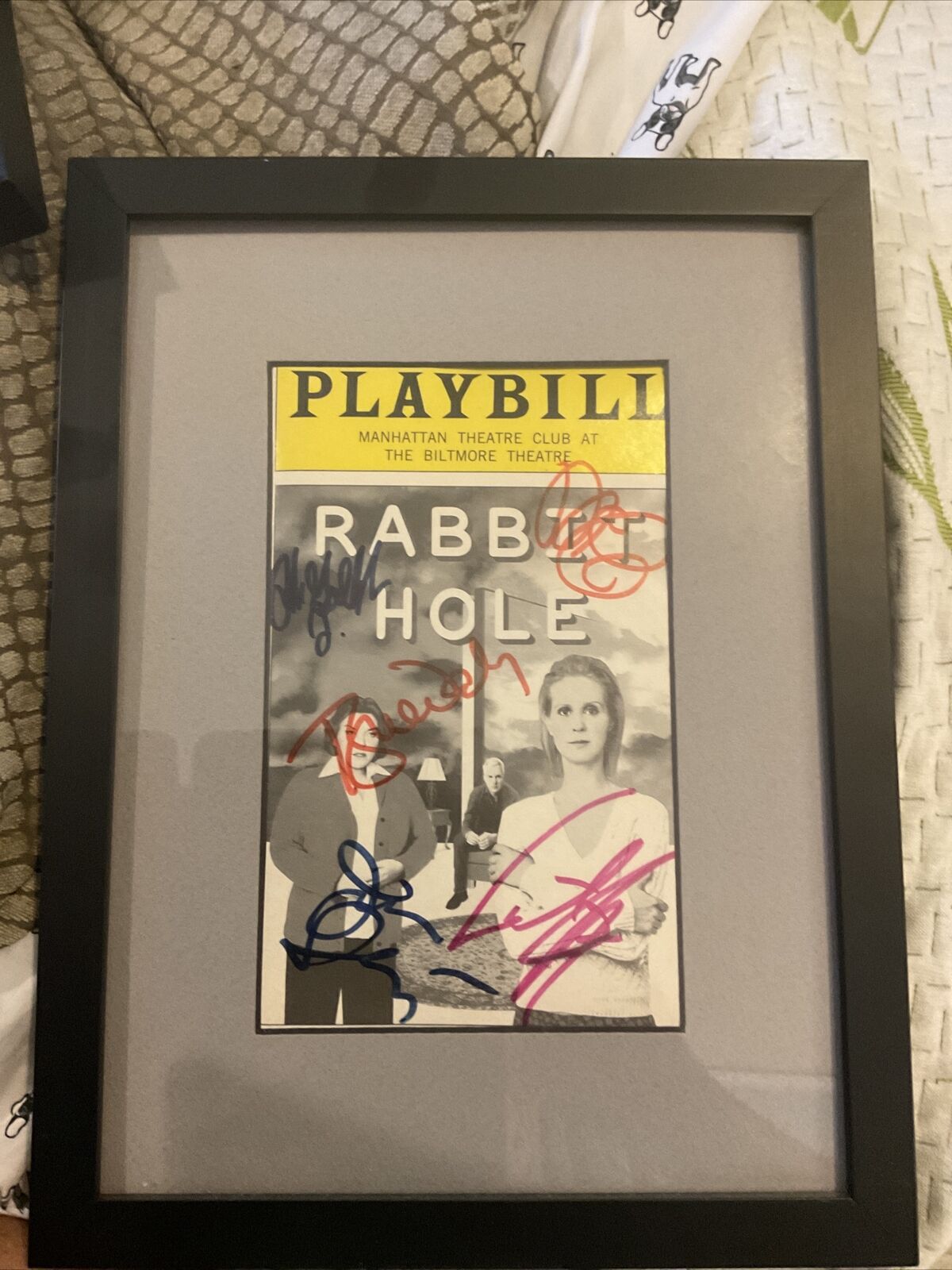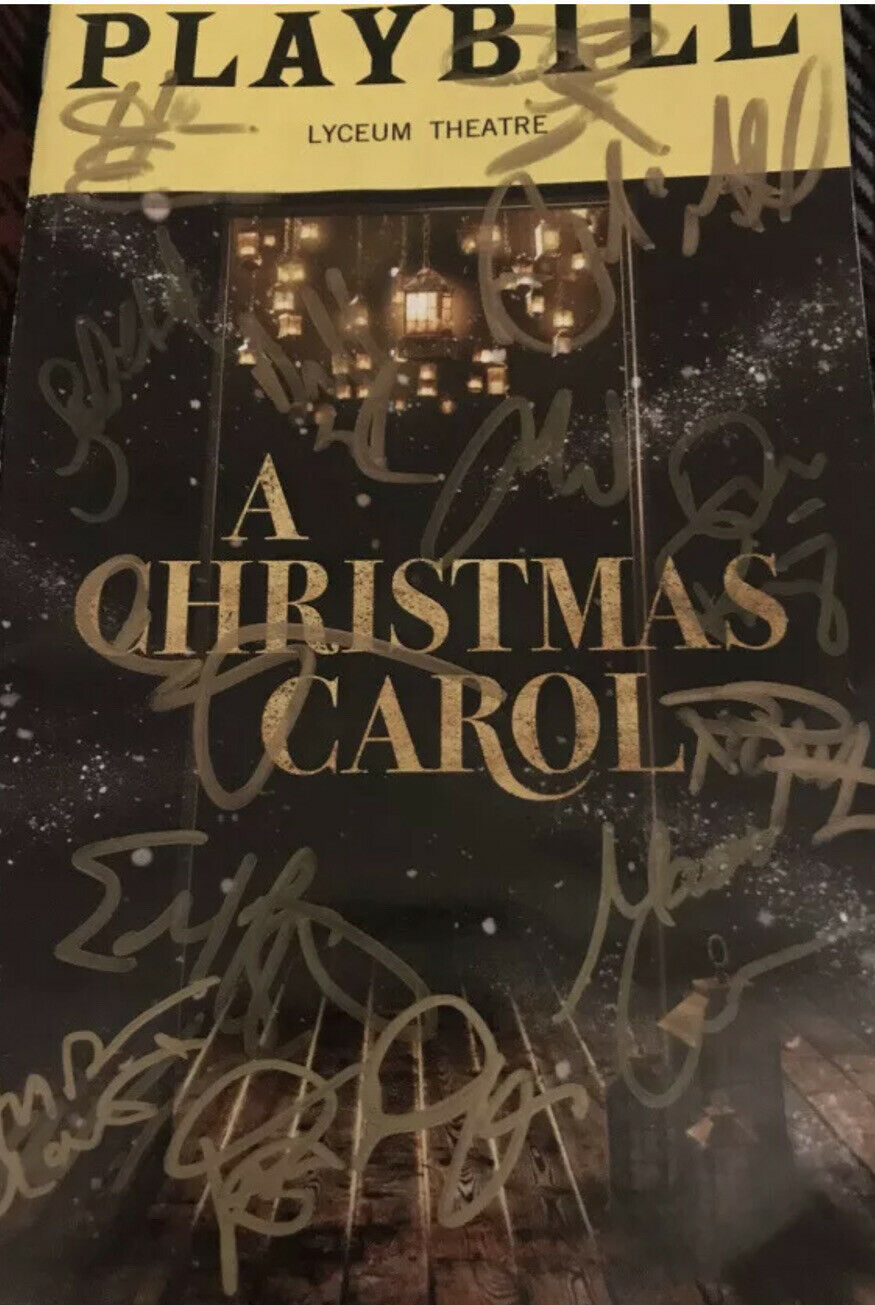-40%
*VIVIEN LEIGH & LAURENCE OLIVIER RARE AUTOGRAPHED ANTONY AND CLEOPATRA PROGRAM*
$ 147.83
- Description
- Size Guide
Description
He was the greatest actor of the 20th century, famous for his Shakespearean and film roles in Hollywood and the West End and on Broadway, and for his glamorous marriage to Vivien Leigh. She was one of the most glamorous actresses of her generation, famed for her Scarlett O'Hara in Gone With the Wind. A rare original 1951 boldly autographed souvenir program for Laurence Olivier and Vivien Leigh in Antony and Cleopatra at the St. James's Theatre, London. Clear, vivid sigantures. Twelve pages. Dimensions eight and three quarters by six inches. Light wear otherwise good. See Laurence Olivier and Vivien Leigh's amazing biographies below.Shipping discounts for buyers of multiple items. Credit cards accepted with Paypal. Inquiries always welcome. Please visit my other eBay items for more early theatre, opera, dance and historical autographs, broadsides, photographs and programs and great actor and actress cabinet photos and CDV's.
From Wikipedia:
Laurence Kerr Olivier, Baron Olivier, OM ( 22 May 1907 – 11 July 1989) was an English actor, director, and producer. Olivier is generally considered to have been one of the greatest actors of the 20th century.[1]
During a six-decade career, Olivier played many roles on stage and screen. His three Shakespeare films as actor-director, Henry V (1944),Hamlet (1948), and Richard III (1955), are among the pinnacles of the bard at the cinema. On stage his more than 120 roles includedRichard III, Macbeth, Romeo, Hamlet, Uncle Vanya, and Archie Rice in The Entertainer. He appeared in nearly sixty films, including William Wyler's Wuthering Heights (1939) and Alfred Hitchcock's Rebecca (1940). He was the founding artistic director of the National Theatre Company in 1963, a post in which he remained for a decade. He had earlier filled the same post at the Old Vic after the Second World War. The largest stage in the National Theatre building was later named after him.[2]
Olivier retired from the stage in 1974, but his work on-screen continued until the year before his death in 1989.[3] For television, he starred inLong Day's Journey into Night (1973), The Merchant of Venice (1973), Cat on a Hot Tin Roof (1976), Brideshead Revisited (1981), andKing Lear (1983), among others. His later films for cinema included Joseph L. Mankiewicz's Sleuth (1972) and John Schlesinger's Marathon Man (1976).
Actor Spencer Tracy stated that Olivier was "the greatest actor in the English-speaking world",[4] and others said he was the best in the world, or that he was the best they would ever see perform.[5][6][7][8][9] Director Jonathan Miller (who directed Olivier in The Merchant of Venice) warned: "I hope that no actor tries to copy him."[10] Olivier's AMPAS acknowledgments include twelve Oscar nominations, with two wins (for Best Actor and Best Picture for the 1948 film Hamlet), plus two honorary awards including a statuette and certificate. He also won five Emmy Awards from the nine nominations he received. Additionally, he was a three-time Golden Globe and BAFTA winner.
Olivier was the youngest actor to be knighted as a Knight Bachelor, at the age of 40, and the first to be elevated to the peerage two decades later.[11] He married three times, to actresses Jill Esmond, Vivien Leigh, and Joan Plowright, his widow.
Vivien Leigh
From Wikipedia, the free encyclopedia
Jump to navigation
Jump to search
Vivien Leigh
Leigh as
Scarlett O'Hara
in
Gone with the Wind
Born
Vivian Mary Hartley
5 November 1913
Darjeeling
,
Bengal Presidency
,
British India
Died
8 July 1967 (aged 53)
London
,
England
Cause of death
Tuberculosis
Nationality
British
Education
Loreto Convent, Darjeeling
Convent of the Sacred Heart
Royal Academy of Dramatic Art
Occupation
Actress
Years active
1935–1967
Works
See
list of performances
Title
Lady Olivier (1947–1967)
Spouse(s)
Herbert Leigh Holman
(
m.
1932;
div.
1940)
Sir Laurence Olivier
(
m.
1940;
div.
1960)
Partner(s)
John Merivale
(1960–67)
Children
Suzanne Farrington
Vivien Leigh
(
/
l
iː
/
;
[1]
born
Vivian Mary Hartley
, and styled as
Lady Olivier
after 1947; 5 November 1913 – 8 July 1967) was an English stage and film actress.
She won two
Academy Awards
for
Best Actress
, for her iconic performances as
Scarlett O'Hara
in
Gone with the Wind
(1939) and
Blanche DuBois
in the film version of
A Streetcar Named Desire
(1951), a role she had also played on stage in London's
West End
in 1949. She also won a
Tony Award
for her work in the
Broadway
musical version of
Tovarich
(1963).
After completing her drama school education, Leigh appeared in small roles in four films in 1935 and progressed to the role of heroine in
Fire Over England
(1937). Lauded for her beauty, Leigh felt that her physical attributes sometimes prevented her from being taken seriously as an actress. Despite her fame as a screen actress, Leigh was primarily a stage performer. During her 30-year career, she played roles ranging from the heroines of
Noël Coward
and
George Bernard Shaw
comedies to classic
Shakespearean
characters such as
Ophelia
,
Cleopatra
,
Juliet
, and
Lady Macbeth
. Later in life, she performed as a
character actress
in a few films.
At the time, the public strongly identified Leigh with her second husband,
Laurence Olivier
, who was her spouse from 1940 to 1960. Leigh and Olivier starred together in many stage productions, with Olivier often directing, and in three films. She earned a reputation for being difficult to work with, and for much of her adult life, she suffered from
bipolar disorder
, as well as recurrent bouts of chronic
tuberculosis
, which was first diagnosed in the mid-1940s and ultimately claimed her life at the age of 53.
[2]
Although her career had periods of inactivity, in 1999 the
American Film Institute
ranked Leigh as
the 16th greatest female movie star
of classic Hollywood cinema.











